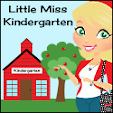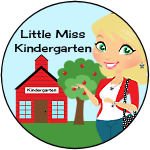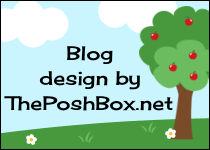I guess I have literally been MIA for a few days. I have been preparing for report cards and conferences. Assessments have been on my mind for a few weeks since going to a great training within my district. I have also had some long drives home thinking about assessments for report cards, monitoring notes and checklists since being on a district committee to help create a new Kindergarten report card. It seems that when you talk about adding more assessments, we always seem to look at it as more work leaving less time for teaching. As teachers, we are mental note takers as we make decisions on the spot each and every day in our classrooms. I will admit, sometimes those thoughts do not get recorded in our beautiful monitoring notebooks or data books. I have challenged myself to take a deeper look into how I assess my students, how I document it and how that data shapes my lesson plans and individual and group instruction.
Currently I have been using ESGI to assess letter identification, letter sounds, sight words, numeral identification, shape recognition and patterning. I LOVE the ease of using this product. I am able to come in my class and assess a few children before announcements and at any time I have either a few minutes within my day or I schedule a task to assess and complete it on all of my students in that period. I love the multiple ways that you can represent your data and use it for planning the next steps for individual students or groups of students. I have also discovered that I enjoy using this tool to gain current data and make lesson planning decisions based on current data for each child or my class as a whole. My students enjoy it too and it has been motivating because they are starting to realize that this is measuring what they know and several children this week asked me when we would be testing again!
This tool has also been motivating for me because I have the flexibility to assess something right after we have done something and see the results or after we have completed several lessons. I have also used this as a pre assessment tool as well. I think I am ready to create some of my own assessments now. If you have not checked out this resource you might want to give it a try! I plan on using this product this year as I take a closer look at how I assess my students, how I document it and how this information shapes my instruction.
I am currently reading this book provided by my wonderful Math Specialist CB in my district.
Mathematics Assessment Sampler
By DeAnn Huinker, Anne Collins, Lynn McGarvey, Gladis Kersaint, Linda Landin
This sampler presents assessment tasks that are appropriate for use with students from age 4 through age 8. The book provides teachers of primary grades mathematics with examples of assessment tasks that reflect the various ways assessments can be used prior to, during, and following mathematics instruction. Teachers can then consider the potential of these tasks to uncover the mathematical understandings of their students for the purpose of planning further instruction. Each task can be altered by changing the context, breaking the task into subparts, limiting the scope or complexity of the task, or extending the task to provide more challenge or enhance the depth of understanding being assessed.What I like most is the Continuum of Understanding for each task and the section Looking for Understanding.


































No comments:
Post a Comment